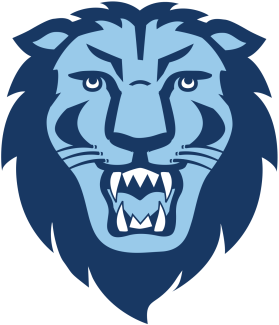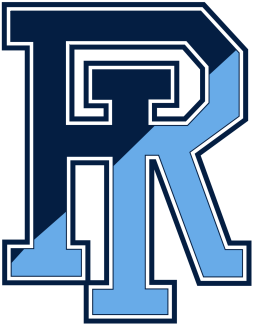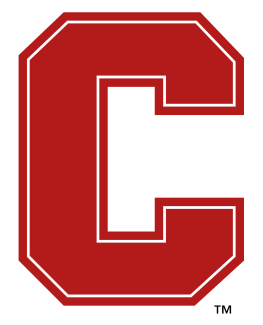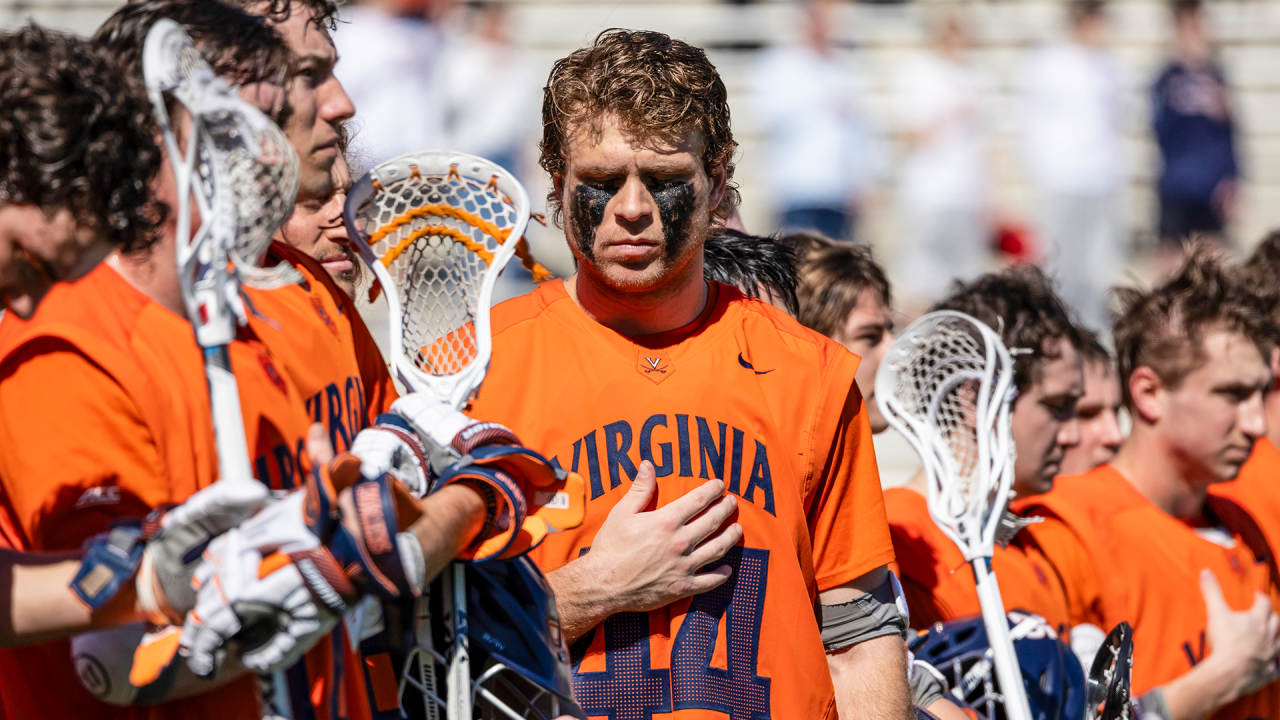HIS 93-DAY STAY IN WILDERNESS THERAPY complete, Wayer set out for a halfway house program. He’d always wanted to go out west, so he chose a place in Utah.
There was drug testing, and he had a therapist. But Wayer was largely free to do what he wanted. An avid skier, he lucked out. The area he lived in received its most snow in 30 years. And he worked at a gym, saving up money for his eventual return to Charlottesville.
By the time he got to Utah, Virginia’s lacrosse season was underway. He kept tabs on a year that would see the Cavaliers reach the NCAA semifinals — to a point.
“I was tuning in and would watch the first half and then get pretty bummed I wasn’t there and I wouldn’t normally make it to the second half,” Wayer said. “I was supporting the guys watching from afar. It was super hard being apart from the team and it was difficult. Obviously, I wanted them to win, but there’s also that part of me that really missed being there.”
Wayer left Utah around Memorial Day weekend and was back on campus over the summer. A few more months sailed by, and the rest of the redshirt junior’s teammates reconvened for classes and then fall practice.
It didn’t take long for Virginia to recognize it had something special.
“You started seeing it in the fall,” Tiffany said. “Someone who is so focused and so sober and just completely all-in. You witness a man on a mission in practice. We started realizing this was the LSM we hoped we were going to get in the recruiting [process].”
Part of it was the obvious — Wayer was putting the right things in his body. But the way he thought about his work on the field changed, too.
In the fall of 2020, when he first enrolled at Virginia, Wayer was excited to show up to practice every day even if there were pandemic restrictions in place. As his career progressed, it began to feel tedious, a four-hour obligation to get through rather than savor.
“This fall, I approached every practice like this could be my last day playing lacrosse and I wanted to prove to everyone I deserved a spot back on this team,” Wayer said. “I’m good enough to play and I’m still the same player I was before I left. I took that gratitude and appreciation toward lacrosse into the season and something I focused on.”
It’s made him nearly impossible to take off the field, the sort of thing once said about Kemp and Conners. He has seven goals and five assists and is tied for seventh on the team with 12 points.
Wayer is coming off arguably his best game. He assisted on two goals, caused four turnovers and collected eight ground balls in the Cavaliers’ 17-11 defeat of Saint Joseph’s in the first round.
“What a weapon he is,” Tiffany said. “Honestly, we probably play him too much. We have Mitch Whalen and Tommy McNeal and I think I’m constantly telling the box coach Logan Greco, ‘Make sure you play Mitch and Tommy.’ It’s just so easy to keep putting Ben out there because his fitness is fantastic right now. He’s such a playmaker.”
There are other meaningful improvements. Wayer said he believes he’s much better at connecting with people on a deeper level, empathizing with them, having conversations that go beyond the surface level. He recognizes there are plenty of ways to have fun without drugs and alcohol; a hike, a round of golf, a game of pickleball will do just fine.
But most of all, he feels fortunate to make the most of his second act in Charlottesville, for reasons that include (but go well beyond) his level of play.
“I’ve played a lot better this year than I’ve ever played in my life,” Wayer said. “I was lucky. It’s a little bit of a different team. Everyone embraced me coming back. It was kind of the perfect fit with everyone being so supportive of me taking the year off, welcoming me back and wanting to support me in any way so I could contribute. I’m so grateful for that.”



























































